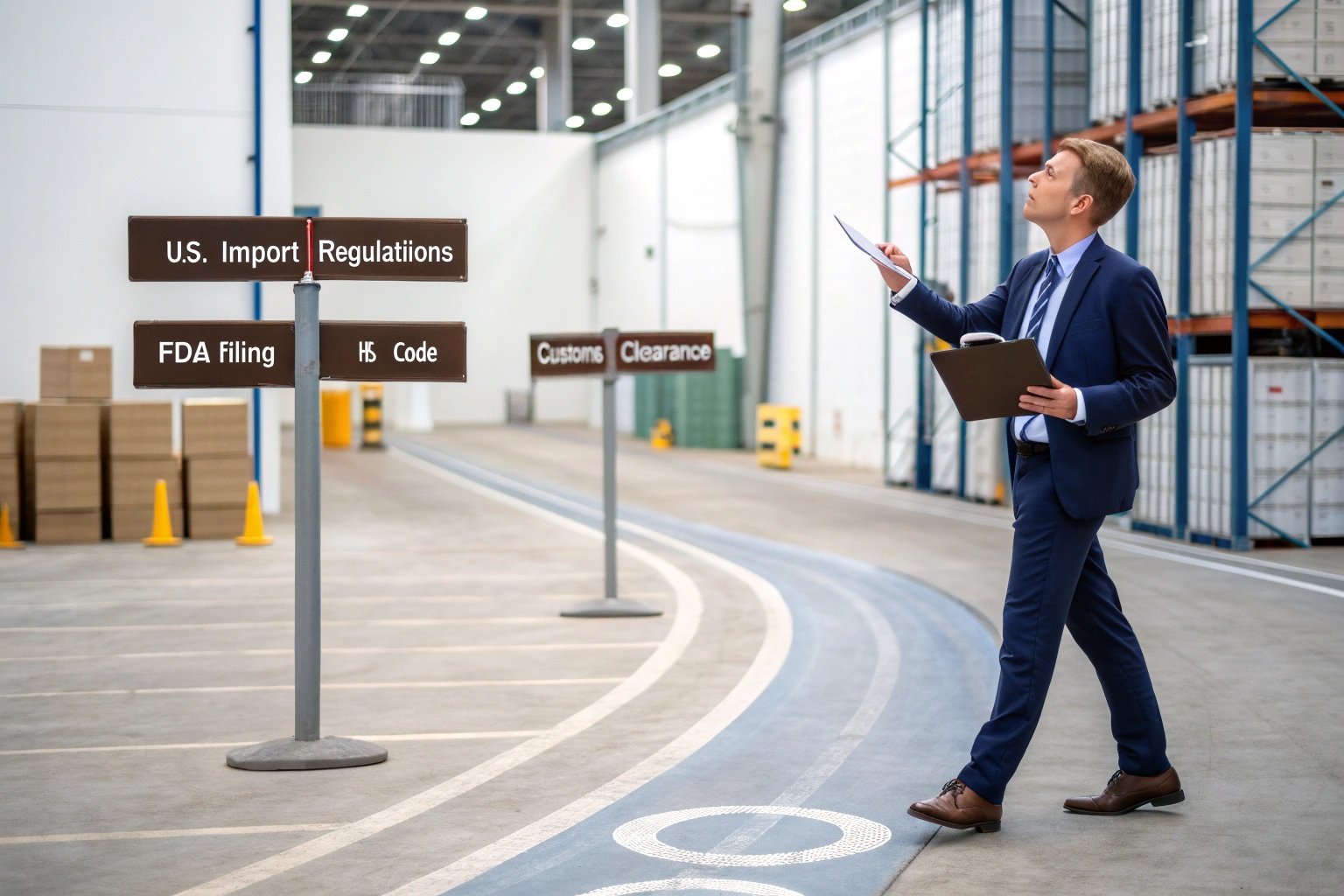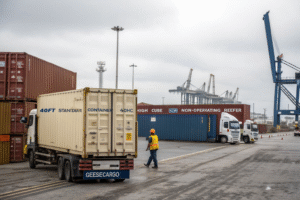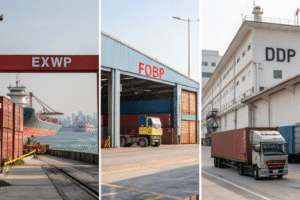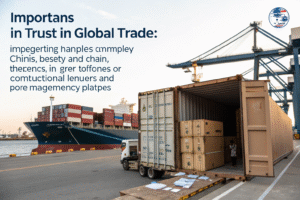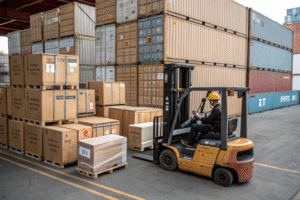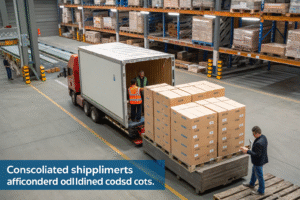Trying to follow all U.S. import rules can feel overwhelming—one mistake can cost you money and time.
Yes, freight forwarders can help with U.S. import regulations by guiding proper customs compliance, ensuring correct tariff classifications, and coordinating agency-specific filings like FDA or USDA. Their documentation support helps importers avoid penalties and clearance delays.
At GeeseCargo, we’ve helped hundreds of clients clear U.S. customs with zero surprises. Here’s how we help you stay compliant from China to your U.S. warehouse.
Understanding key US customs and import rules
Importing into the U.S. isn’t just about moving goods—it’s about following the law.
U.S. Customs and Border Protection (CBP) requires accurate declarations, proper product classifications, and full documentation for all imports. Missing or incorrect data can trigger inspections, fines, or product holds.
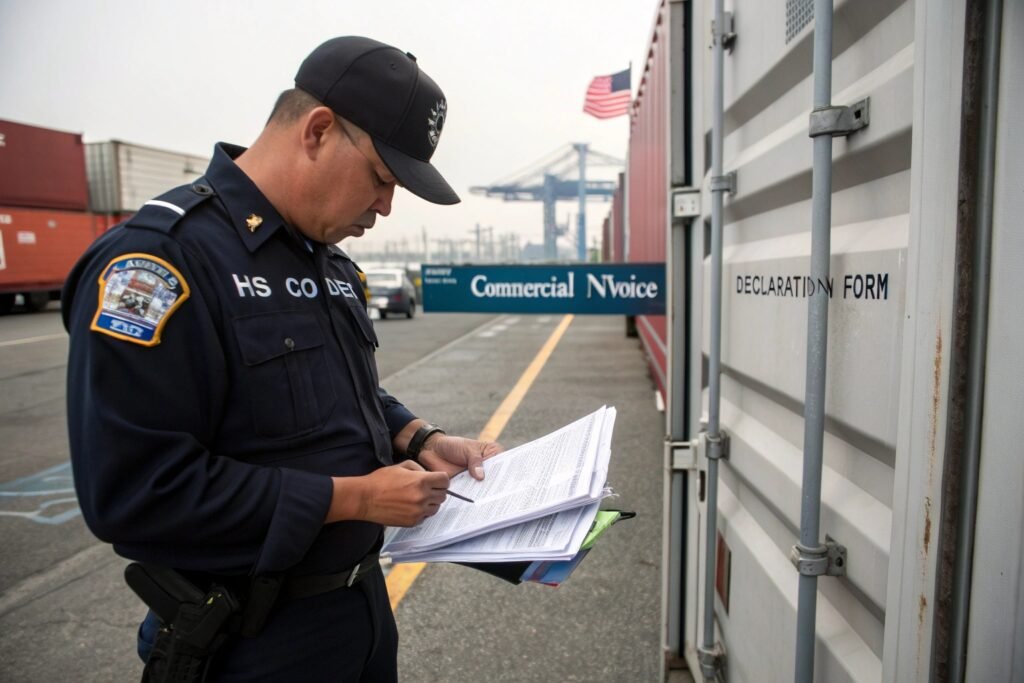
What rules must every importer know?
- Importer of Record (IOR) – You’re legally responsible for the shipment once it arrives in the U.S.
- Entry filing – Includes CBP Form 3461 (cargo release) and 7501 (entry summary)
- Tariff classification – Based on Harmonized Tariff Schedule of the US (HTSUS)
- Duty payment – Must be accurate and on time
- Product admissibility – Varies by category (e.g., food, electronics)
A client importing cotton T-shirts once declared them as “sportswear,” resulting in a mismatch that triggered a full customs audit. We stepped in to revise the entry and minimize penalties.
| U.S. Import Rule | Why It Matters |
|---|---|
| Accurate HTS classification | Determines duties and admissibility |
| Entry summary and invoice match | Prevents clearance delays |
| Country of origin declaration | Required for labeling and tariffs |
| Special agency compliance | Avoids rejection by FDA, USDA, etc. |
At GeeseCargo, we prepare the correct entry forms and coordinate with your U.S. customs broker to avoid mistakes before the goods land.
How forwarders ensure proper tariff classification
Classifying products correctly is one of the hardest parts of U.S. import compliance.
Freight forwarders help importers avoid misclassification penalties by reviewing product specs, selecting the correct HTS code, and ensuring that declarations match supporting documents.

What happens if you use the wrong HTS code?
- Too low: Customs may think you’re underpaying duties
- Too high: You’ll overpay and lose profits
- Incorrect category: Clearance can be denied altogether
One client shipped "PVC fashion belts" under a code meant for “leather belts,” incurring 8% more in duties. We helped them reclassify under the correct HTSUS code and got a duty refund.
| Issue with HTS Code | Resulting Problem |
|---|---|
| Outdated code used | Misclassification or denial |
| Wrong material declared | Incorrect duty or compliance block |
| Vague product description | Customs hold for clarification |
How we help select the correct code
- Analyze product composition and use
- Compare with similar classified items
- Use U.S. Customs’ CROSS database for rulings
- Confirm with your customs broker or trade lawyer if needed
We don’t just guess—we base classification on facts and CBP standards, and we do it before the shipment leaves China.
Navigating FDA, USDA, and other agency requirements
Some products don’t just need customs clearance—they need agency approval.
Freight forwarders coordinate with agencies like FDA, USDA, EPA, and FCC to ensure your products meet U.S. regulations before they arrive. Failure to comply can result in rejection or destruction of goods.

Which agencies might review your shipment?
| Agency | What They Cover | Key Requirements |
|---|---|---|
| FDA | Food, cosmetics, medical devices | Registration, prior notice, labeling |
| USDA | Plants, agricultural goods | Permits, phytosanitary certificates |
| EPA | Chemicals, pesticides, electronics | TSCA declarations |
| FCC | Wireless devices, electronics | Certification and labeling |
A snack food client shipped potato chips to California without prior FDA notice. Their cargo sat in the warehouse for 9 days while they scrambled to submit missing forms.
How we support compliance
- Check your product’s regulatory category
- Notify you of required filings (prior notice, registration, etc.)
- Communicate with U.S. customs broker and agency contact
- Provide templates and checklists
With GeeseCargo, we won’t move the goods until we know the paperwork’s ready. No shortcuts—only smooth entries.
Avoiding penalties with expert documentation support
Missing documents can cost you more than delays—they can trigger costly fines.
Freight forwarders help you avoid CBP penalties by preparing clean, complete commercial invoices, packing lists, and certificates of origin that align with customs rules.
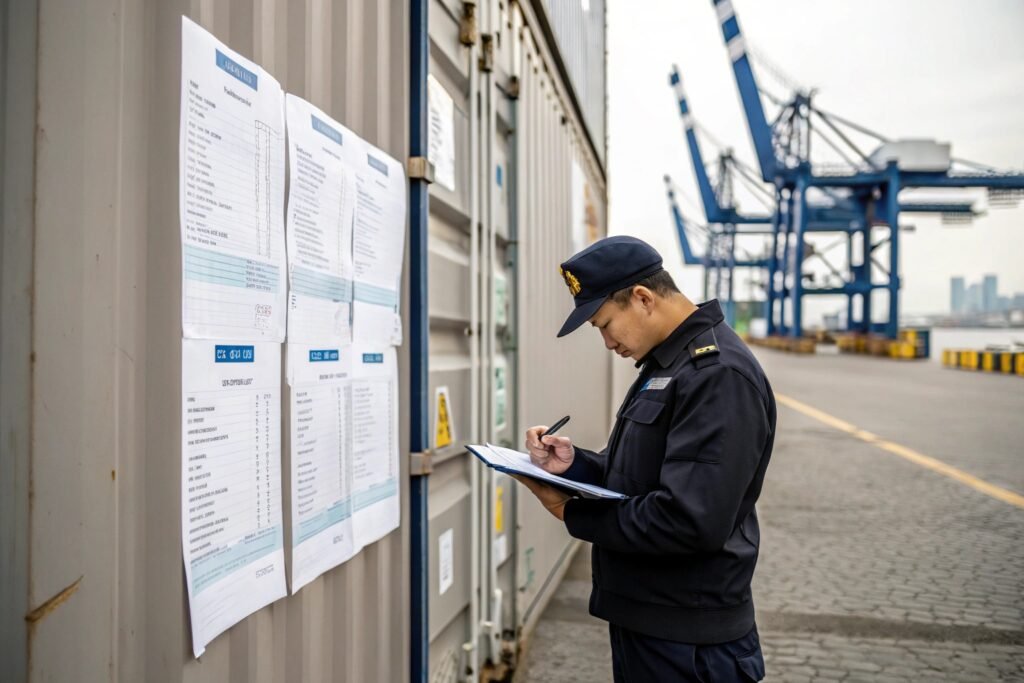
What kinds of document issues get importers into trouble?
- Declared values that don’t match purchase orders
- Missing or unsigned commercial invoices
- No Certificate of Origin for duty reduction
- Inconsistent product descriptions
One fashion client mislabeled their fabric as "silk" instead of "polyester" across several forms. CBP flagged this as misdeclaration and charged a $500 penalty per entry.
| Document Type | Common Mistake | Penalty Risk |
|---|---|---|
| Commercial Invoice | Wrong product name or unit price | $100–$500 per entry |
| Certificate of Origin | Missing or invalid form | Loss of duty-free status |
| Packing List | Incomplete box count | Port inspection |
How we help
- Review all shipping documents before cargo loading
- Use unified templates to prevent mismatches
- Send draft copies to customs brokers for pre-check
- Store document records for 5+ years in case of audit
At GeeseCargo, documentation isn’t just paperwork—it’s the foundation of customs success. We keep your records clean and your shipments compliant.
Conclusion
U.S. import regulations can be complex—but with the right freight forwarder, they don’t have to be confusing. At GeeseCargo, we guide you through customs, classification, and compliance to help your cargo move fast and stay penalty-free.
